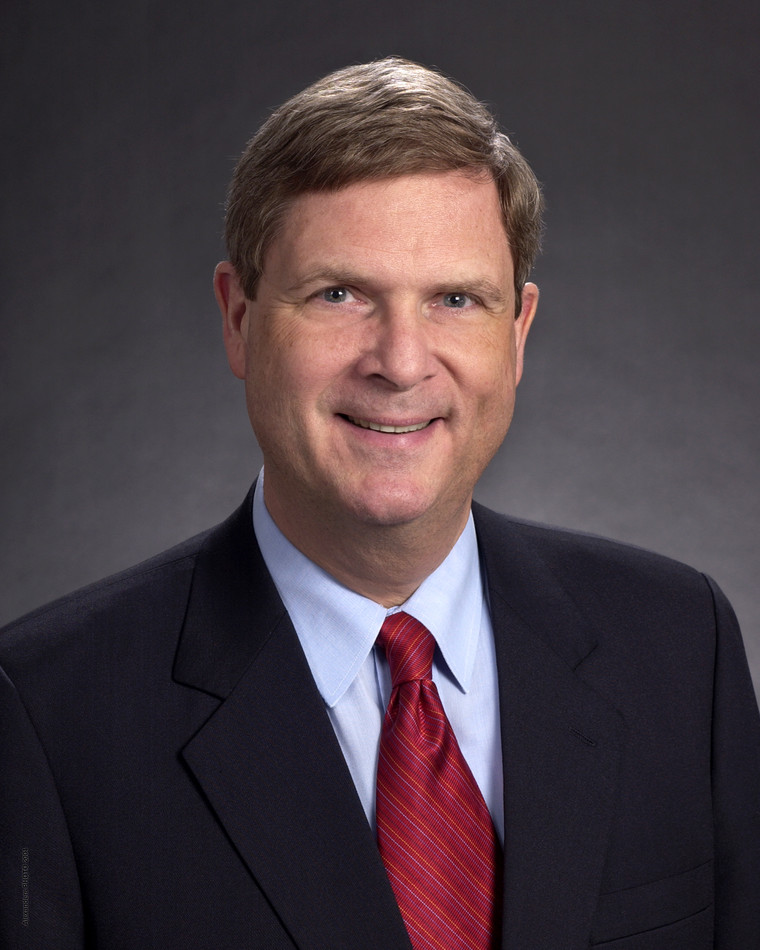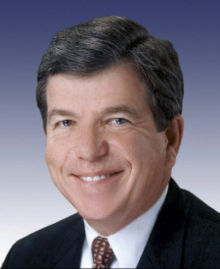Climate Politics
All Stories
-
The Goldman Prize: True tales of bravery
The 2009 winners of the Goldman Environmental Prize. Standing, L-R: Yuyun Ismawati, Olga Speranskaya, Wanze Eduards, and Maria Gunnoe. Front row, L-R: Rizwana Hasan, Marc Ona Essangui, and Hugo Jabini By rights it should be a daunting moment. Every fall a courier turns up at my door with a package containing a thick, densely typed […]
-
McCain rails against Obama cap-and-trade plan
Sen. John McCain says he’s still a proud proponent of using a cap-and-trade system to reduce greenhouse-gas emissions, but he’s not going to back President Barack Obama’s climate agenda any time soon. McCain, coauthor of multiple cap-and-trade bills in the past, addressed an energy symposium sponsored by the Reform Institute on Tuesday. In his remarks, […]
-
Obama marks Earth Day with visit to Iowa wind energy factory
President Barack Obama made an Earth Day visit to Newton, Iowa, on Wednesday, where he toured a manufacturing facility that produces towers for wind turbines and touted his climate and energy agenda. Trinity Structural Towers, housed in a former Maytag appliance factory, employs dozens of former Maytag workers. “The choice we face is not between […]
-
Biotech’s history of overpromising and underdelivering may be catching up with it
GMOs: false promise?km6xoTom Philpott’s post on USDA chief Tom Vilsack’s comments regarding biotech deserves a bit more attention. Vilsack was speaking at the first ever meeting of the Group of Eight agricultural ministers. I guess we have to consider it progress that the top ag officials from the eight largest industrialized nations finally decided it […]
-
As House digs into climate bill, debate focuses on costs to American families
As the House begins serious debate on a climate bill, the biggest sticking point is shaping up to be how much it will cost average Americans. The Energy and Commerce Committee on Tuesday started four straight days of hearings on the draft climate bill sponsored by Henry Waxman (D-Calif.) and Ed Markey (D-Mass.). The legislation […]
-
Catholic Climate Covenant seeks aid for world’s poor
Courtesy Catholic Climate CovenantCiting dual obligations to care for God’s creation and the world’s poor, a broad coalition of Catholic groups today announced a new commitment to take action on climate change. The “St. Francis Pledge,” named after the patron saint of animals and ecology, urges Catholics to pray for those affected by climate change, […]
-
Vilsack: biotech will solve our ag problems
USDA chief Tom Vilsack has been in Italy at the G8 meeting, talking ag policy with reporters. As the global hunger crisis lingers and climate-change and population fears fester, Vilsack is using the opportunity to push agri-biotech as the solution to the globe’s food needs. Here is the Financial Times: Mr Vilsack said the challenge […]
-
LCV targets GOP Rep. Roy Blunt of Missouri in new ad
The League of Conservation Voters is taking a swing at Rep. Roy Blunt (R-Mo.) for not supporting climate and energy legislation, accusing him of being short on patriotism. In a new television ad launched on Monday, LCV argues that Blunt does not believe in American ingenuity and the ability to develop new, clean energy sources, […]
-
Eustace Tilley says ‘Screw Earth Day’
Ok, the New Yorker magazine’s cartoon mascot didn’t really say that. The New YorkerBut Elizabeth Kolbert, the magazine’s star journalist covering the climate crisis, has a very interesting essay on Earth Day at the front of this week’s issue. In it, she bemoans the fact that Americans seem to be unenthusiastic about the environment in […]
-
Vilsack names former head of Iowa’s Health and Human Services as new USDA nutrition chief
Phil Brasher at the Des Moines Register is reporting that USDA chief Tom Vilsack has named Kevin Concannon the new Undersecretary of the Food, Nutrition and Consumer Services, i.e. the head of the federal food and nutrition programs — which include food stamps and the national school lunch program. Concannon ran Iowa’s Department of Health […]








